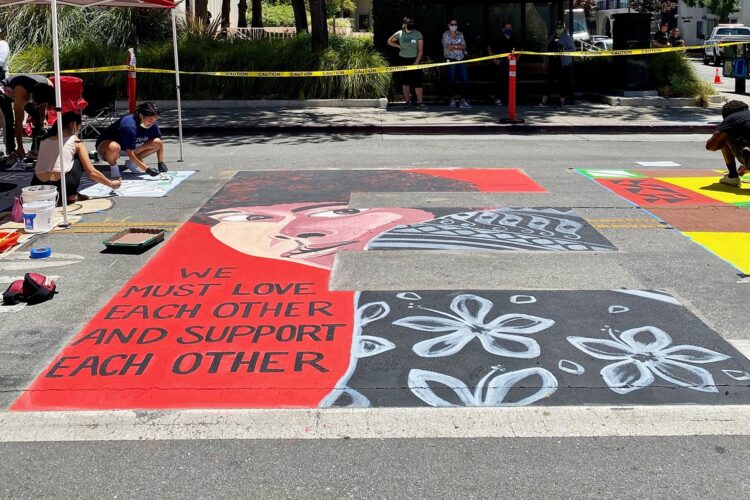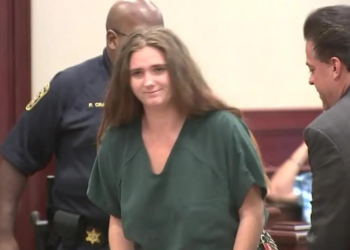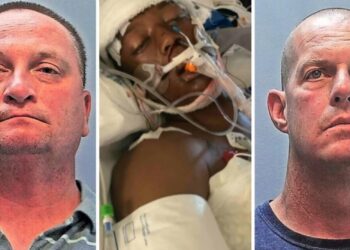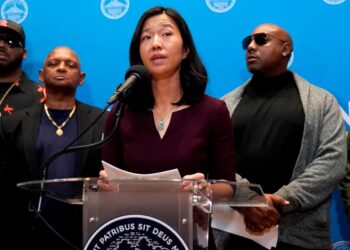Five police officers in Palo Alto, California, are suing the city, claiming that a street mural with the image of Assata Shakur caused them distress and violated their rights.
The mural was painted in June 2020, yet the whining officers did not file a formal complaint against the city until June 2021, Palo Alto Online reported last week.
The mural, including Shakur’s image, also included the painted words, “We must love each other and support each other.”
Granted, it is easy to see how police officers in the United States would have an issue with the concept of unity and love. However, the officers have claimed that their objections to the Black Lives Matter and its imagery placed them in a situation to experience discrimination.
They filed a lawsuit in Santa Clara County Superior Court against the Police Department and city last month for not more quickly removing the image of Shakur, who has been living in Cuba after escaping prison for a crime she maintains that she did not commit.
The best part of this waste of judicial process is that the officers claim that when they had to pass the mural on the street, they found it discriminatory and harassing. They claim their rights were violated under the Fair Employment and Housing Act.
Knowing that the Black Lives Matter movement was started largely due to police brutality, it is interesting that officers who work for a police department that, in 2020, was probed by the FBI for civil rights violations after police slammed a handcuffed man’s head into a car windshield and mocked his sexual orientation.
The officers, Eric Figueroa, Michael Foley, Robert Parham, Julie Tannock and Christopher Moore, complaining about having to see the mural (that was removed after four months) while simultaneously being agents of a department that has been accused of over a decade of “thuggery, dishonesty, and barbarism,” is laughable.
The distress-triggering mural is long gone. Police brutality, in Palo Alto and elsewhere, is not.
As for rights, freedom of expression is one, and so is the right not to be extrajudicially punished by arresting officers.
Being a police officer is a choice. Perhaps a group of people who become triggered by a mural should not be in a profession that allows them to carry a gun.















